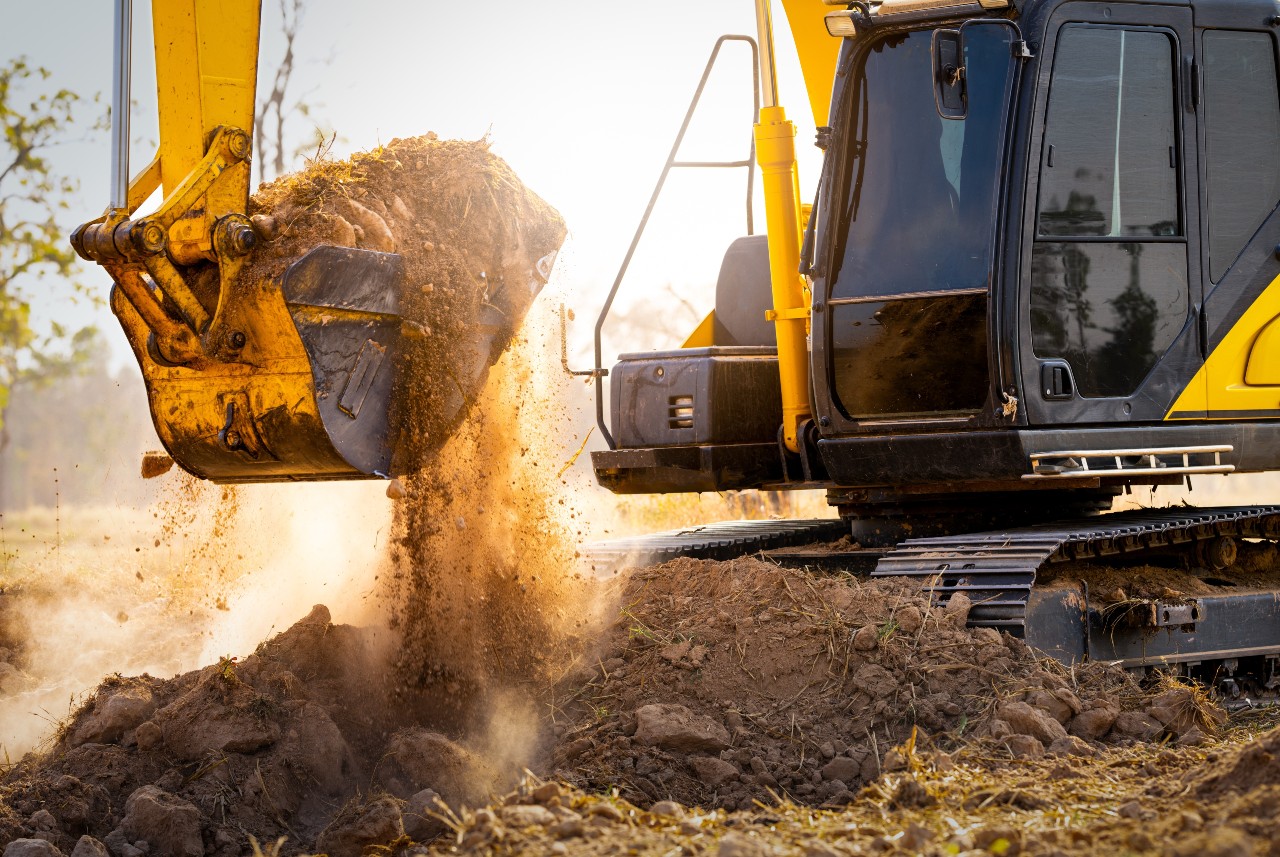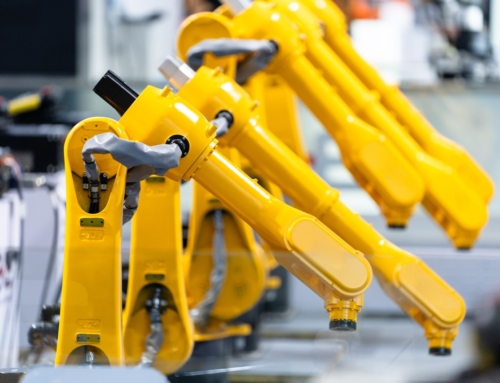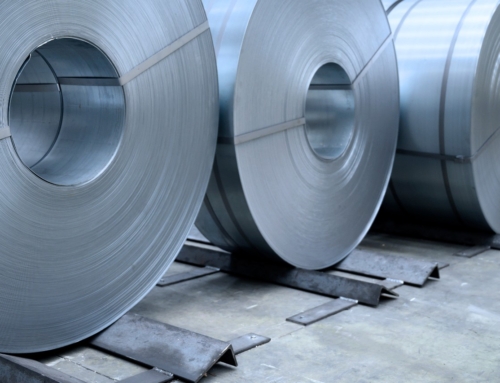Industrial vehicles: types, characteristics and sectors of use
Everything you need to know about the different types of commercial vehicles, their main characteristics and the sectors in which they are used
Industrial vehicles play a key role in many production, logistics and infrastructure sectors, representing indispensable tools to optimize operational processes and ensure the efficiency of industrial activities. They are distinguished by their ability to support complex operations and the handling of heavy goods or materials, thanks to their specific characteristics, which make them suitable for a wide range of uses.
In this article we will explore the different types of commercial and industrial vehicles, their distinctive features and the main sectors in which they are used, with a particular focus on the importance of components and the optimisation of the set-up to improve performance depending on their use.
What is a commercial vehicle
Industrial or commercial vehicles are specially designed to perform operations that require high load capacity, strength and reliability, therefore ideal for supporting complex work activities, both in the commercial sector and in the industrial field. They are essential tools for the handling of heavy goods and materials, used in a wide range of sectors: from logistics to construction, from agriculture to industry.
There are different types of commercial vehicles, each designed to perform specific operations. The main categories include:
- heavy goods vehicles: large vehicles used for the long-distance transport of goods and materials. May have loading capacities of more than 12 tonnes;
- lifting and handling vehicles: including forklifts, cranes and pallet trucks used to move and lift heavy loads in warehouses or on construction sites;
- agricultural equipment: such as tractors and combine harvesters, designed to carry out complex agricultural operations such as ploughing, sowing and harvesting;
- construction vehicles: excavators, bulldozers and concrete trucks used on construction sites for the construction and handling of materials;
- special vehicles: such as sweepers, tankers and fire-fighting equipment, used in specific sectors for particular operations.
Each type of commercial vehicle has its own specific purpose, features and functionality designed to meet the challenges of the industry.
Main characteristics of industrial vehicles
To ensure optimum performance in often difficult working conditions, commercial vehicles must meet a range of technical and structural requirements. The main features include:
- robustness: heavy commercial vehicles are built to withstand considerable stresses, both during driving and loading and unloading;
- loading capacity: one of the crucial aspects for these vehicles is their ability to carry heavy or bulky goods. This requires that the vehicle structure is designed to withstand high loads without compromising safety;
- fuel efficiency: engines are designed to provide an optimal balance between power and energy savings;
- safety: Modern commercial vehicles are equipped with advanced technologies such as automatic brakes, stability control systems and cameras to improve visibility, manoeuvring and reduce the risk of accidents;
- adaptability: components for the equipment of commercial vehicles must be easily adaptable to the specific needs of each sector, thus ensuring maximum operational flexibility.
Components for the fitting out of industrial vehicles

The key to efficient commercial vehicles is their layout, which means that they must be configured and equipped for optimum use. The components and accessories vary according to the vehicle type and field of use. The most common are, for example, floor boards and casks, essential for transporting bulk materials or palletized goods, usually made of resistant and lightweight materials such as steel or aluminium; and cranes and mechanical arms, Installed mainly on heavy trucks and earth moving vehicles. These devices allow the handling of heavy loads in total autonomy.
Refrigeration systems are essential for vehicles used in the transport of perishable goods, such as food or medicines, which must be equipped with refrigerated compartments to maintain the appropriate temperature. Other components often used in the construction of commercial vehicles are hydraulic platforms, which allow for the safe and efficient loading and unloading of heavy goods, reducing the need for labour.
Finally, anchoring systems and bulkheads are used to secure the load during transport and prevent unwanted movements, ensuring maximum safety.
Investing in the right industrial vehicle components and choosing the right ones for your application and use is key to significantly improving productivity and safety.
Where are commercial vehicles used
Commercial vehicles can be used in a wide range of sectors, thanks to their versatility and ability to adapt to different needs:
- construction: trucks, trailers and earth-moving equipment are essential tools for the construction of roads, buildings and infrastructure. Strength and robustness are key features to cope with harsh environments and heavy loads;
- logistics and transport: global freight transport requires the use of commercial and industrial vehicles to ensure timely and efficient distribution. Logistics companies rely on trucks and vans for supply chain management;
- waste management: commercial vehicles are used for the transport and disposal of waste. Specialised vehicles, such as sorting trucks and compactors, are equipped with specific equipment to ensure efficient and sustainable operation;
- agriculture: tractors, trailers and ground handling equipment are widely used on farms. They must be able to operate on rough terrain and carry heavy loads, such as equipment and crops;
- energy sector: commercial vehicles are used for the transport of materials needed for the construction and maintenance of infrastructure, such as oil pipelines, gas pipelines and renewable energy plants.
Every sector requires equipment with specific characteristics, and choosing the right vehicle can make a difference in terms of operational efficiency and cost savings.
Ferrero Industrial is specialized in the design and manufacture of industrial vehicles parts and commercial vehicle components, offering years of experience and expertise in the field of high precision metal components, is able to offer tailor-made solutions to meet the specific needs of each application.
If you want more information or are interested in consulting on this, contact us.








